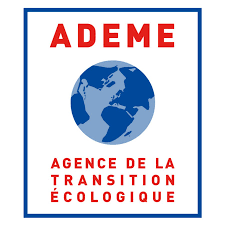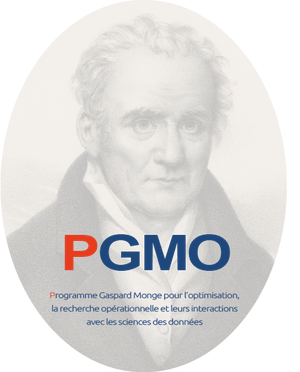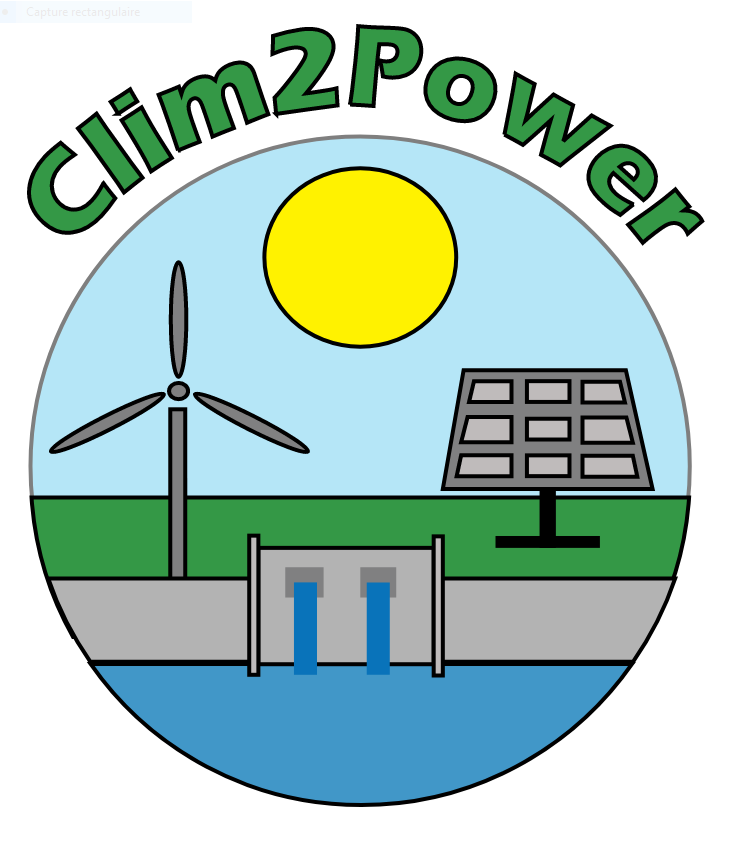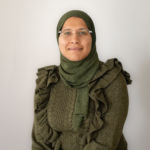 As a result of the digital transition that the energy sector has undergone in recent decades, data-based models are an ideal complement to traditional physics-based approaches. Indeed, the latter require a high level of detail, which can lead to an excessive computational load for certain analyses, such as operational forecasts requiring the generation of sets of forecasts via multiple simulations. As a result, less computationally intensive techniques, such as data-driven modelling, need to be considered.
As a result of the digital transition that the energy sector has undergone in recent decades, data-based models are an ideal complement to traditional physics-based approaches. Indeed, the latter require a high level of detail, which can lead to an excessive computational load for certain analyses, such as operational forecasts requiring the generation of sets of forecasts via multiple simulations. As a result, less computationally intensive techniques, such as data-driven modelling, need to be considered.
The low-carbon systems studied at the CMA are many and varied. In most cases, machine learning (ML) techniques are used to define an implicit function capable of explaining the relationship between the data of interest. To do this, a model is trained using historical data. It is a supervised learning process, because the model has access to historical data on input variables such as weather, climate and energy consumption, as well as output variables such as water flow in reservoirs or electricity production. Once the function has been built, it can be used to make forecasts (see Clim2Power project).
Recently, the CMA has extended its expertise in the field of Reinforcement Learning (RL) for Smart Grids. This is the case of the Mérida Smart Energy Project (MSE). Reinforcement learning is a closed-loop learning problem, because the actions of the learner (the agent) influence the inputs to the model. Furthermore, the agent is not told what actions it must take; as in supervised learning, it must discover the most rewarding ones by trying them out. In the case of smart grids, the RL framework takes the following form: an agent interacts with the environment (e.g. the elements of a smart grid) by taking an action (e.g. charging/discharging energy from each energy storage system) based on the current state of the system (e.g. the state of the energy storage) and defined rewards (e.g. minimising the total cost of energy). The results affect the probability of the process moving to a new state.
The data processing skills of the CMA’s teacher-researchers are generic and can also be applied in fields not directly related to sustainable development. This is the case with a project involving data analysis in the health sector. Medical teams have pooled clinical data on rare diseases to form cohorts of significant size in order to broaden the scope of their studies. At the CMA, we are interested in studying such a cohort of paediatric cystic fibrosis patients undergoing different treatments. The response to treatment is not uniform, and there is as yet no agreed marker. This project, which is helping to characterise patients’ responses to therapies, is being carried out in conjunction with the Centre de référence de la mucoviscidose et affections liées à une anomalie CFTR at the Hôpital Necker-Enfants malades.
The CMA’s work on machine learning has been published in peer-reviewed journals such as Energy, Energy Strategy Reviews. Clean Technologies and Lecture Notes in Computer Science. Most of this work has also been presented at national and international conferences, including SophIA Summit (2020, 2021, 2022), EURO (2018, 2019), IAEE (2022), BECC (2022), ICAE (2019), PGMO Days 2019, IAEE (2021), LOD (2021) (see Publications).








